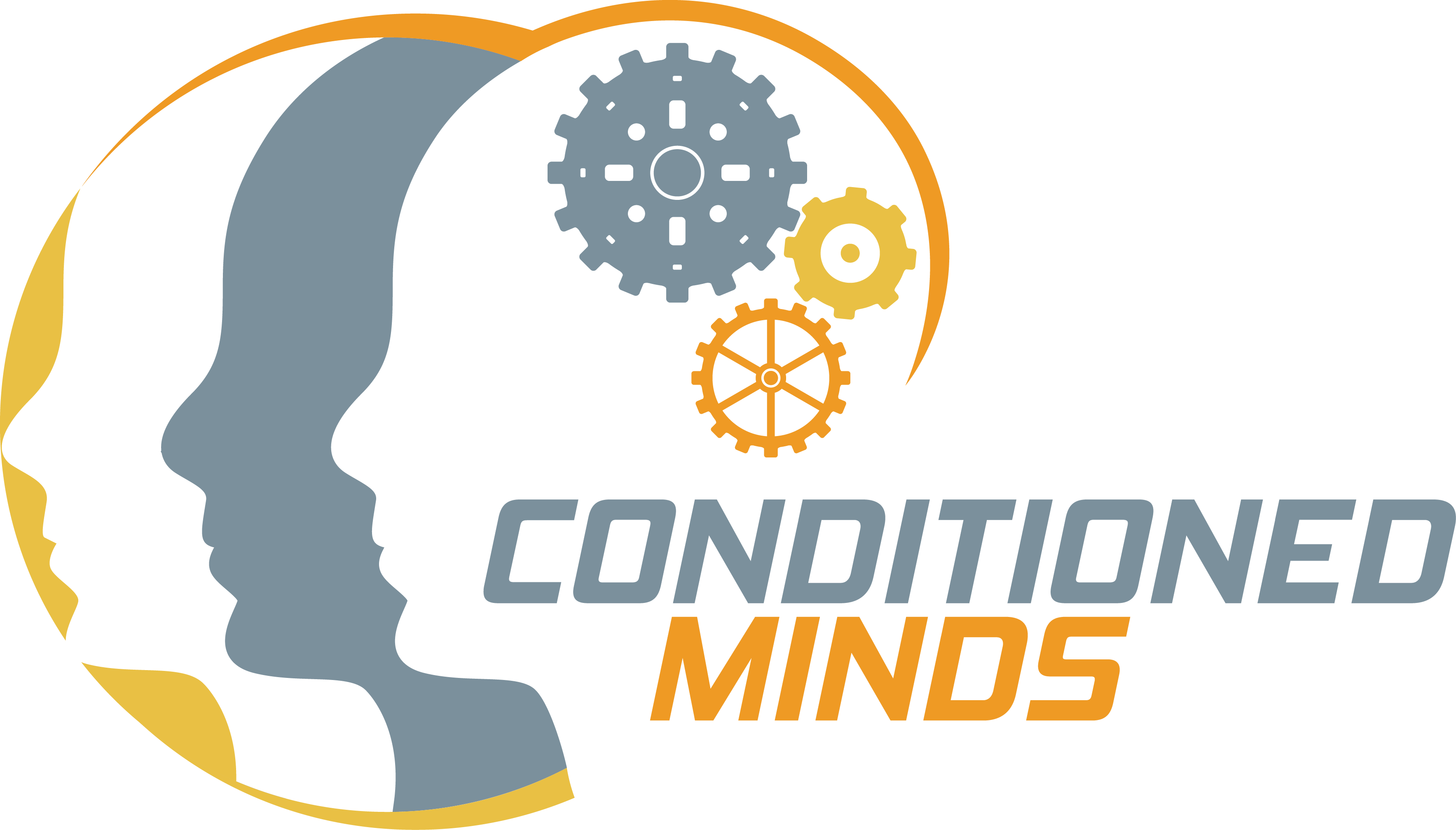
High School Program Targeting Nationwide At-Risk Youth
Through the lens bringing together concepts and content for deeper thinking and meaning; Fearless draws instruction continually back to the significance of real life application. Fearless includes a user analysis of inner strength development, self control, responsive and reflective skills, life skill development (time management, preparation, follow through, and positive emotion to self-esteem), problem solving (re-balancing the imagination, critical thinking skills, and dealing with stressful environments), and college prep.
The core identifiers of Fearless include the 1) progress of participating users based on successful percentages and unsuccessful percentages; 2) next steps modeling for non-responsive users; 3) exiting users interested in finding a finish line objective; and 4) progress of users who have been faded from interventions.
COURSE DESCRIPTION
Fearless empowers students to excel academically and socially by teaching behavior modification, resiliency, character development, accountability, virtues, academic awareness, and the discipline to become a stronger self-driven student; driving every child to own their responsibility, and inspire their possibility.
ORGANIZATION OF COURSE
Provides the standard that transcends specific places, cultures, and times in each student’s development. The lens brings together concepts and content for deeper thinking and meaning making; drawing instruction and students continually back to the significance of what they are studying. Students will gain understanding of real-life application regulating attention, risk assessments, decision making, time management, and social skills; overall becoming more focused learners.
“Don’t let negativity empower your movement.
Create your roadmap through Deeper Interpretation of Intervention Outcomes
Social-cognitive interventions promote social competence by building communication skills and facilitating peer relationships. Their general goal is to improve young people’s ability to avoid conflict and handle in nonviolent ways any conflict that does arise. Common objectives of social-cognitive interventions include reducing the number of children suspended for violent acts, reducing the number of students referred to school counselors for aggressive behavior, and increasing positive attitudes toward nonviolence. Of course, goals and objectives for individual schools or communities will vary depending on needs and resources.

